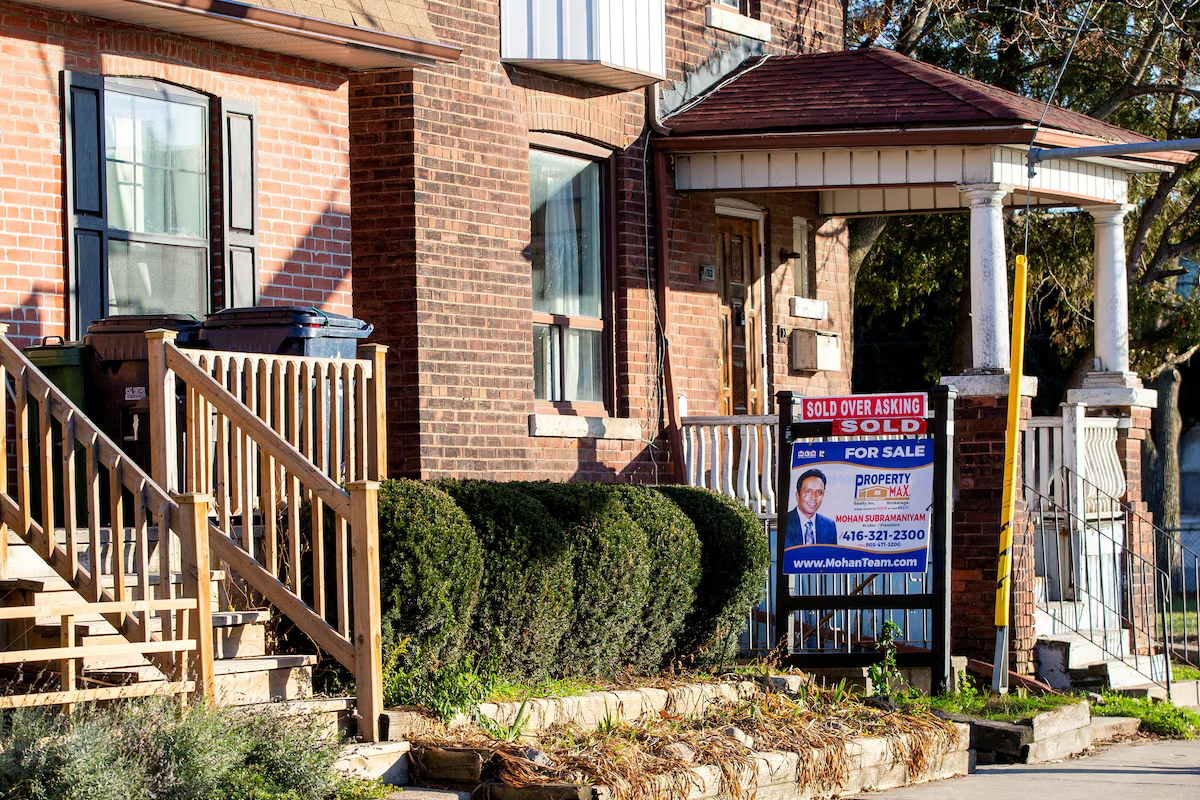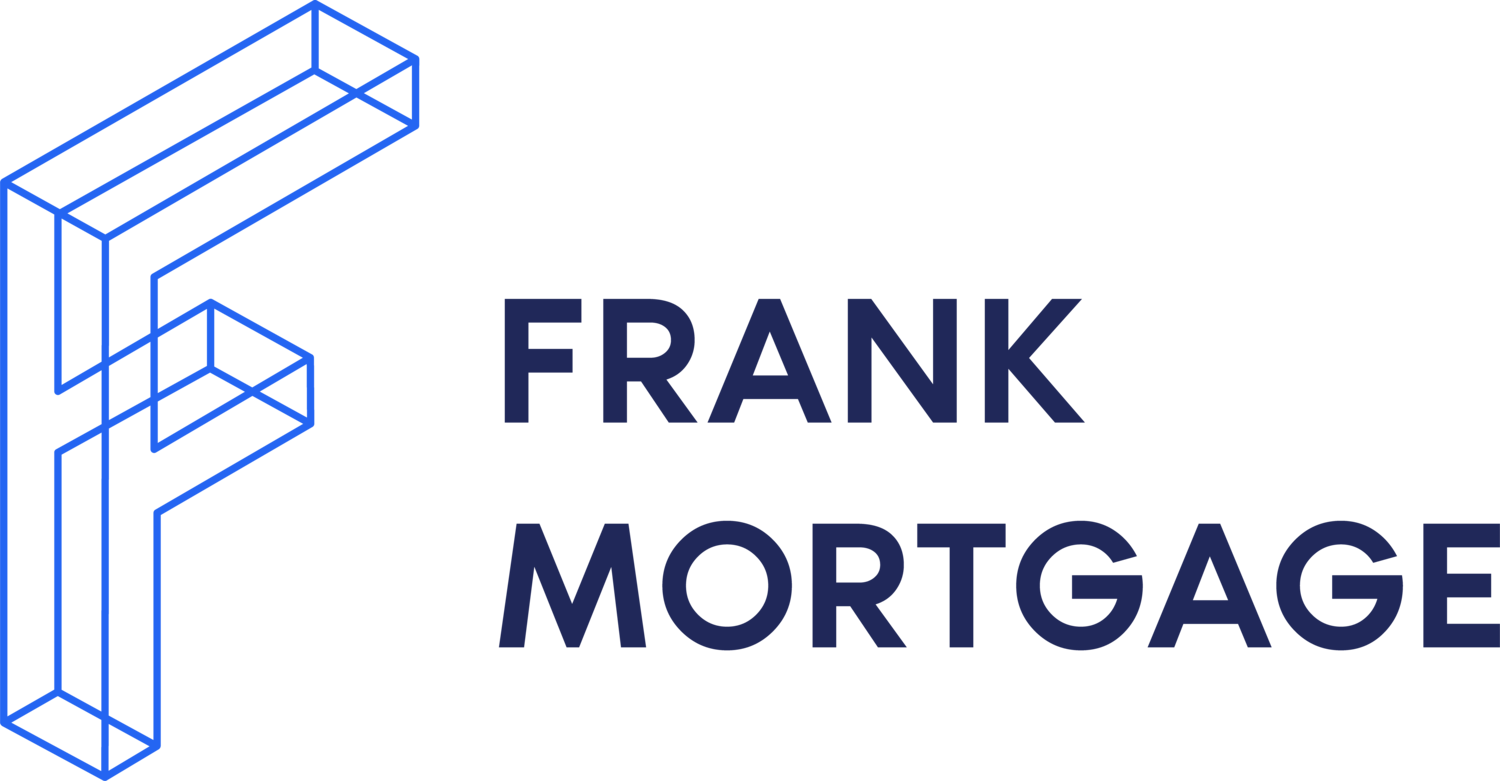New mortgage rules will significantly lower down payments on properties costing $1-million or more, guidance shows

Tuesday, September 24
The federal government’s new mortgage rules will significantly reduce down payments for first-time home buyers, according to technical details released Tuesday.
The new rules, which take effect Dec. 15, will require buyers to put down a minimum of 5 per cent on the first $500,000 of the purchase price and 10 per cent on the portion between $500,000 and $1.5-million, the new guidance shows. So on a home that costs $1-million, the minimum down payment will be $75,000, down from $200,000 under the current rules. On a $1.5-million home, it will be $125,000.
Sean Fraser, the federal Minister of Housing, Infrastructure and Communities, said at a news conference that the mortgage changes are going to “potentially reduce the down payment required by tens of thousands of dollars for people trying to get into the market, particularly in larger urban environments where the purchase price is much higher.”
Buyers must currently put down a minimum of 20 per cent of the home price if the property costs more than $1-million, so they would need at least $200,000. That requirement has made it difficult for many prospective buyers in the Vancouver region, Toronto and many parts of Southern Ontario where the typical home price is more than $1-million.
Someone buying a home that costs less than $1-million may make a down payment of less than 20 percent, but they would be required to take out mortgage insurance to protect the lender. Currently, insured mortgages are only available for homes that cost less than $1-million and are based on the size of the loan relative to the buyer’s down payment.
But under the new mortgage rules unveiled last week, buyers will be allowed to get an insured mortgage on homes worth as much as $1.5-million. And first-time buyers will be allowed to get an insured mortgage with an amortization of 30 years instead of the current maximum of 25, reducing their payments by stretching them out over a longer period of time.
Realtors and mortgage brokers have said the higher insurable amount will help buyers who were looking in the $1-million price range. As for making the minimum down payment on a $1.5-million home, that will mostly help high-income Canadians.
“It is a small subset of insured borrowers who will benefit from this,” said Don Scott, chief executive of Frank Mortgage, which brokers residential loans.
According to Mr. Scott’s calculations, a homeowner with a $1.375-million mortgage would have monthly mortgage payments of $6,900 if the loan were amortized over 30 years with today’s lowest insured rate, 4.1 per cent. That means they would need an annual household income of at least $250,000 to carry that mortgage.
About Frank Mortgage
Frank Mortgage is a new mortgage marketplace platform launched in 2021 that aims to help consumers find a better way to find their best mortgage. By leveraging the power of FinTech, the company has built a customer-centric mortgage marketplace that places an emphasis on the customer. The online solution delivers transparency and simplicity, allowing users to spend less time on finding a mortgage and more time on finding a home.
Media Contact
More information is available at https://www.frankmortgage.com.
Alternatively, Frank Mortgage press contact Donald Scott can be reached at 647-406-8052 or don@frankmortgage.com.
Mail queries should be addressed to Frank Fintech Inc., PO Box 43559,
Toronto, ON M4G 4G8.
License #13204
About The Author

Don Scott
Don Scott is the founder of a challenger mortgage brokerage that is focused on improving access to mortgages. We can eliminate traditional biases and market restrictions through the use of technology to deliver a mortgage experience focused on the customer. Frankly, getting a mortgage doesn't have to be stressful.
Related Posts




Mortgage Brokerage Licensed in Ontario (#13204), British Columbia, Alberta, Saskatchewan (#514115), Manitoba, Nova Scotia, Newfoundland & Labrador, and New Brunswick (#230015752).
© Frank Mortgage 2025 | All Rights Reserved


